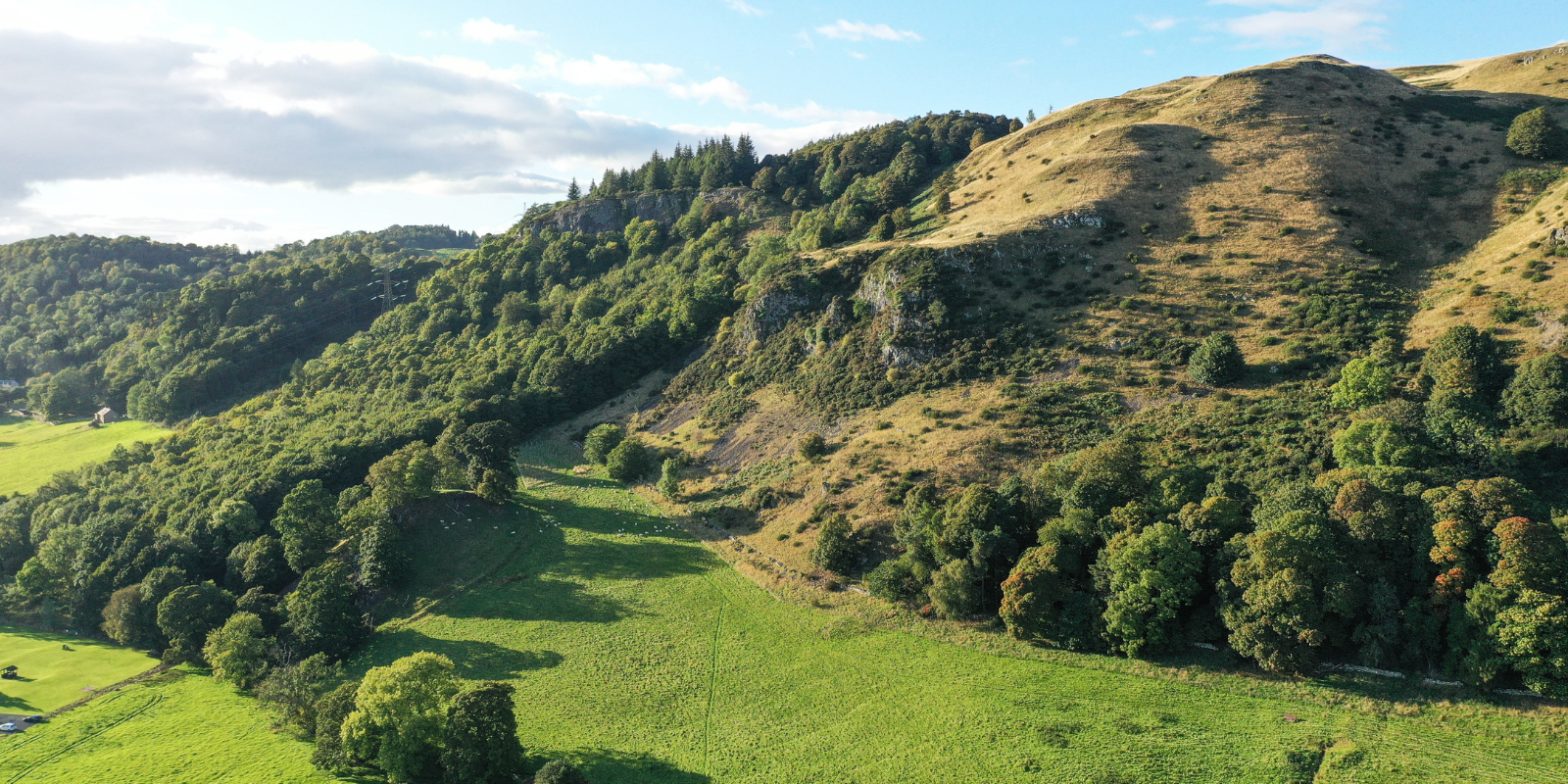A report released by WWF this month documents a catastrophic average decline in monitored wildlife populations, making nature restoration more urgent and vital than ever.
The WWF Living Planet Report, released October 2024, states that there has been a 73% decline in average monitored wildlife populations in 50 years (1970-2020). The report states that the severe decline is driven by human activity including habitat destruction and has been compounded by climate change.
Declining wildlife populations can be early warning indicators of the potential loss of healthy ecosystems, taking the planet closer to irreversible tipping points. The report warns, “It is no exaggeration to say that what happens in the next five years will determine the future of life on Earth.”
Tanya Steele, chief executive at WWF-UK, says, “The Living Planet Report serves as a health check for the planet, with wildlife population sizes a key indicator for the state of the wider natural world. A staggering 73% decline in just 50 years is truly shocking and must be a wake-up call for our leaders ahead of the crucial COP16 and COP29 summits.”
At The Future Forest Company, we take nature loss seriously, restoring ecosystems at landscape scale to help nature thrive again, and to fight back against climate change. The UK is one of the most nature-depleted countries in the world, with only half its natural biodiversity remaining, ranking it among the bottom 10% of countries worldwide.
We actively managing vital nature restoration projects across our UK sites, providing essential habitats for wildlife to nest, breed, hunt, and find shelter. We conserve and restore the diverse ecosystems within ancient woodlands, wildflower meadows, and wetlands.
Our woodland areas support a huge range of flora and fauna, from red squirrels to black grouse, lapwing and curlew. Our wetland restoration work has created a safe haven for the Great Crested Newt to flourish. Our ancient woodlands have intricate ecosystems that support a wide range of plant and animal species, including some exceptionally rare fungi species.
Join us on our mission to restore nature today!
